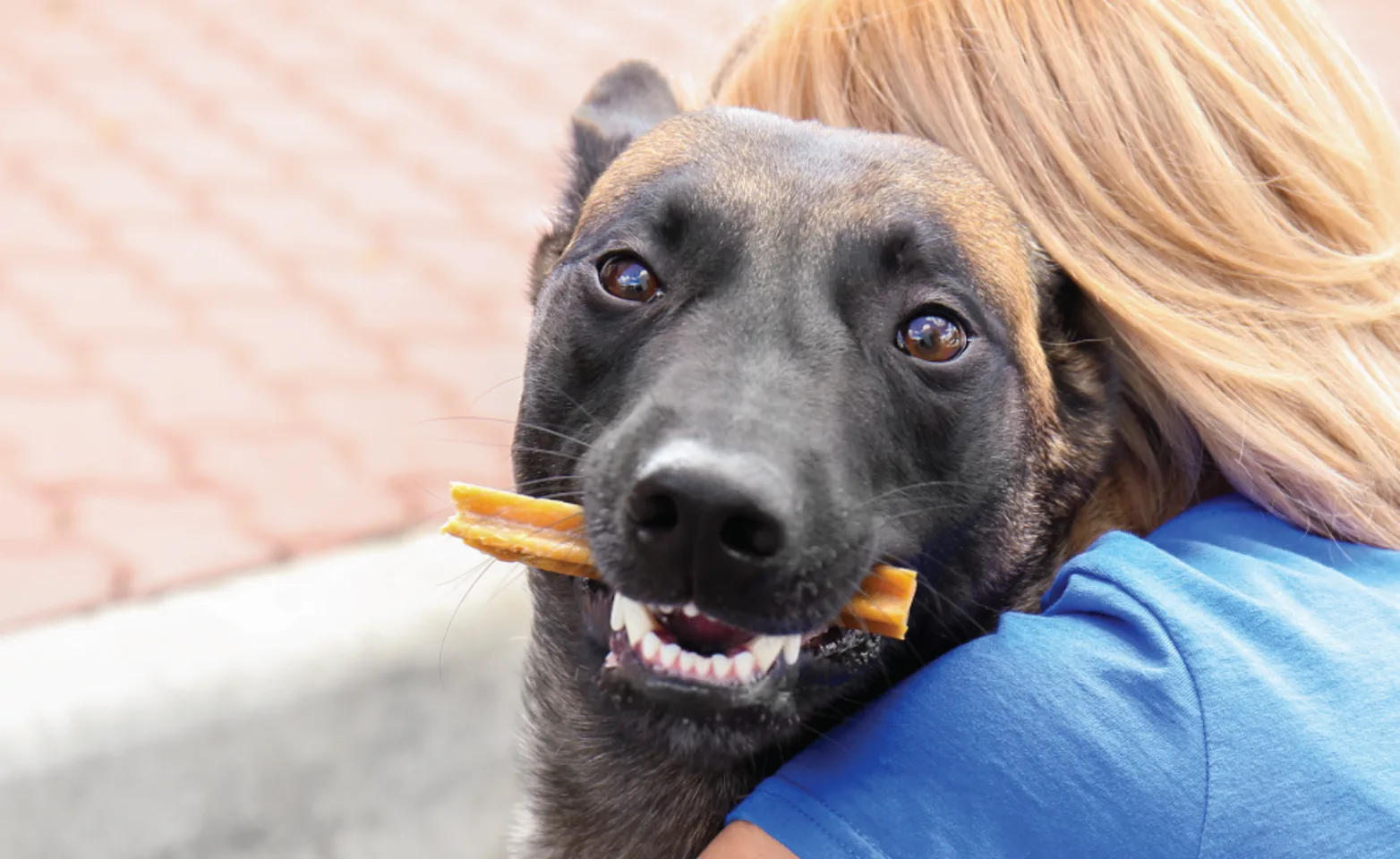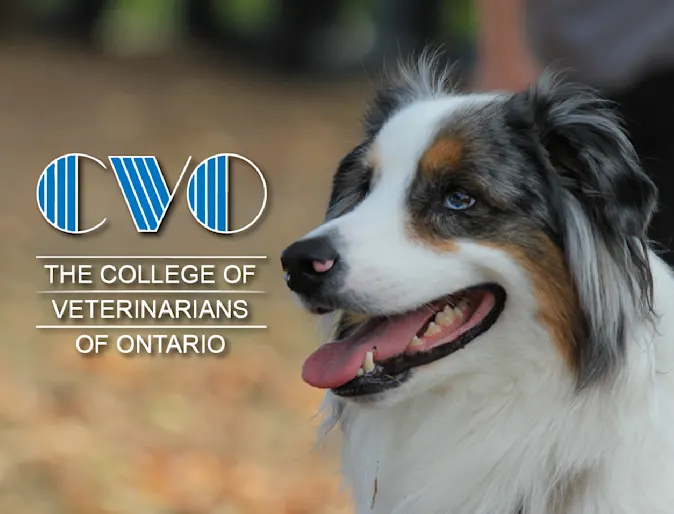Brack Animal Hospital



Pet Services
We offer a wide range of services including medical, diagnostic, surgical, wellness and preventive health care needs for your pets so they live healthy, happy lives.

Our Team
Get to know the doctors and staff at Brack Animal Hospital in Windsor. We have a dedicated team of professionals who take the care of your furry family member seriously.

New Clients
We are currently welcoming new clients and pets to our practice in Windsor. By joining Brack Animal Hospital we know you won’t be disappointed with the level of service you’ll receive.

Individualized Surgical Care
Apprehensive about anesthesia and surgery? Our team understands and individualizes the care given to all surgical patients with I.V. fluids, warming blankets, pain relievers, blood work, specialized monitoring equipment, and a qualified veterinary technician at your pet’s side throughout the procedure and recovery

Dental Health Why It Matters
Periodontal disease hurts! To properly assess dental health, it isn't enough to examine an open mouth. Our team's advanced dental training along with our Intra-Oral Digital Imaging Technology examines what's happening above and below the gum-line resulting in a more comprehensive diagnosis and treatment plan.

Stay Informed About your Clinic

CVO
College of Veterinarians of Ontario

AAHA
American Animal Hospital Association
